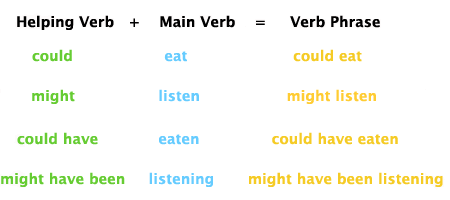Cohesion in a text is accomplished through words that refer to other words or information elements, already mention or that are going to be mention in the text. This relationships are done through repeating the same word, use of synonym , personal pronouns, object pronouns, possessive pronouns and demonstrative pronouns.
a) John Said that he was not going to school
b) When he came John tripped over the blocks.
Back-referential pronouns, such as the pronoun in example a, are called anaphora. Forward -referential pronouns, such as the one in example b, are called cataphora.
Personal pronouns:
he/she/it/him/her/they/them,
the pronouns- they/them, can refer to people or to facts in the text.
The pronoun it, refers to objects, animals, ideas, places, thoughts, emotions. Its value is neutral and represents a singular element.
Demonstratives: this / that or these / those
Adverbs of place: here, there;
Question words: when, where, what, which, who
Examples:
* This book is intended for student who are studying ESP.
* The monkey took the banana and ate it. "It" is anaphoric under the strict definition (it refers to the banana).
* Pam went home because she felt sick. "She" is anaphoric (it refers to Pam).
* What is this? "This" can be considered exophoric (it refers to some object or situation near the speaker).
* The dog ate the bird and it died. "It" is anaphoric and ambiguous (did the dog or bird die?)
* I went home to take a nap because I thought it would make the headache go away. "it" is anaphoric (refers to the nap)
Identifying reference in a text
Theory
http://www.uefap.com/reading/underst/refer/refer.htm
Exercises
http://www.uefap.com/reading/exercise/refer/refer.htm
http://www.uefap.com/reading/exercise/refer/refer2.htm
More
http://people.rit.edu/japnce/payne/teachers/referencewords.html
a) John Said that he was not going to school
b) When he came John tripped over the blocks.
Back-referential pronouns, such as the pronoun in example a, are called anaphora. Forward -referential pronouns, such as the one in example b, are called cataphora.
Personal pronouns:
he/she/it/him/her/they/them,
the pronouns- they/them, can refer to people or to facts in the text.
The pronoun it, refers to objects, animals, ideas, places, thoughts, emotions. Its value is neutral and represents a singular element.
Demonstratives: this / that or these / those
Adverbs of place: here, there;
Question words: when, where, what, which, who
Examples:
* This book is intended for student who are studying ESP.
* The monkey took the banana and ate it. "It" is anaphoric under the strict definition (it refers to the banana).
* Pam went home because she felt sick. "She" is anaphoric (it refers to Pam).
* What is this? "This" can be considered exophoric (it refers to some object or situation near the speaker).
* The dog ate the bird and it died. "It" is anaphoric and ambiguous (did the dog or bird die?)
* I went home to take a nap because I thought it would make the headache go away. "it" is anaphoric (refers to the nap)
Identifying reference in a text
Theory
http://www.uefap.com/reading/underst/refer/refer.htm
Exercises
http://www.uefap.com/reading/exercise/refer/refer.htm
http://www.uefap.com/reading/exercise/refer/refer2.htm
More
http://people.rit.edu/japnce/payne/teachers/referencewords.html
Workshop
- Look for an article related to your field of expertise. Use Google, write key words related to a topic you want to read about.
- Write a post in your blog. Introduce the topic of the article. Make sure to add the link where you got it from. Write a short summary of the article. Say what it is about.Give your opinion about it.
- Select two paragraphs from your article and copy them in your blog.
- Look for the referential elements in the two paragraphs.
Keep on shining love and peace!





